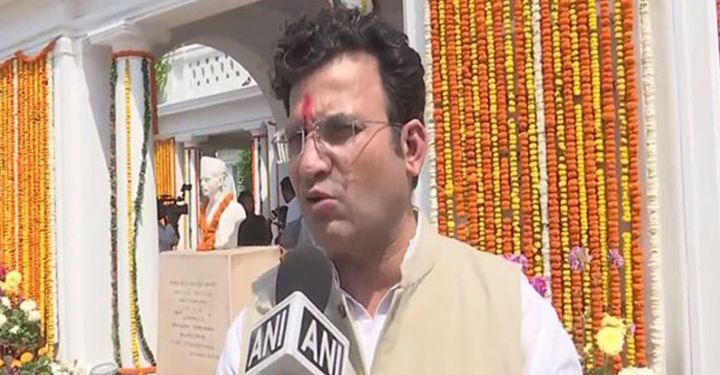A new directive from a BJP MLA in Delhi has sparked an intense debate over the intersection of religion, politics, and business. The MLA has asked meat shop owners in his constituency to close their businesses every Tuesday, citing religious reasons, as many Hindus abstain from eating meat on that day. The decision has sparked a range of reactions, from those who support the move as a means to promote religious harmony to those who see it as an infringement on business freedom and secular values.
Religious Motivation Behind the Directive
The MLA’s directive is grounded in the belief that closing meat shops on Tuesdays would respect the religious practices of the local Hindu population. Many Hindus fast on Tuesdays and refrain from consuming meat, and the MLA sees this as an opportunity to show respect for the community’s traditions. The directive was framed as a voluntary request, encouraging shop owners to close their businesses in the spirit of cooperation.
This approach seeks to balance the diverse religious practices of Delhi’s population, acknowledging the role of religion in shaping social behavior. However, critics argue that such moves should not be mandated by political figures, as they blur the line between religion and governance.
Impact on the Meat Trade
For meat shop owners, the directive is seen as potentially damaging to their businesses. The closure of meat shops on Tuesdays could lead to a significant reduction in sales, particularly for smaller, independent shops. These businesses often rely on daily income to cover operating costs, and even a single day of closure can have serious financial consequences.
While some may argue that the move is symbolic, the potential economic impact for those in the meat trade cannot be ignored. Many smaller businesses, already struggling with high costs and competition, may not be able to absorb the losses from a day of closure every week.
A Divisive Move: Secularism at Risk?
The push for religiously motivated policies has raised alarms about the erosion of secularism in India. India is a country built on the principles of secularism, which ensures that religion does not dictate the state’s actions. By encouraging the closure of businesses based on religious observances, the MLA’s directive raises questions about whether the state is overstepping its bounds.
While the intent may be to promote communal harmony, critics argue that this move could lead to greater interference in the private sector by the government, potentially infringing on individual freedoms. Such steps, they argue, could open the door for more religious-based regulations that negatively impact the secular fabric of Indian society.
Conclusion
The controversy surrounding the Delhi BJP MLA’s decision to close meat shops on Tuesdays underscores the complex relationship between religion, politics, and business in India. As the debate continues, it is clear that policymakers must carefully consider the potential impacts on secularism, economic freedoms, and social harmony when making decisions that involve religious observance.
For More News updates : https://asiapedia.in
